Croats skeptical of EU membership
Majority of Croats would vote against EU membership even though accession talks are likely to conclude soon, shows survey conducted by Gallup International.
Sunday, 14.11.2010.
13:29

Majority of Croats would vote against EU membership even though accession talks are likely to conclude soon, shows survey conducted by Gallup International. While the country's political class may have begun popping the champagne corks over the European Commission's latest positive progress report, only one quarter of Croats currently consider EU accession to be a good idea. Croats skeptical of EU membership Indeed, Croatian citizens have turned out to be the stoutest opponents within the region. Kosovars, by contrast, are Europe-enthusiasts, with 87 percent believing membership to be positive. The figures reveal an apparent paradox; the closer a country draws to joining the European club, the less its citizens actually favor membership. Croatia is, after all, the country most advanced in its ambitions to enter the European Union. Kosovo, meanwhile, whose citizens long to join, is the only state in the region not entertaining formal relations with the European Union since five EU members do not recognize it as a state. With the exception of Croatia, all other nations in the region would overwhelmingly vote in favor of membership. The support rate in Albania is 81 percent, in Montenegro 73 percent, in Bosnia-Herzegovina 69 percent and in Macedonia 60 percent. Forty four percent of Serbs are for EU membership while 17 percent believe it would be negative for their country. If a referendum had been held in July 2010, the month of the survey, Croats would have rejected accession with 43 percent voting against and 38 percent in favor. Nineteen percent had not made up their minds. According to the Croatian Ministry of Foreign Affairs and European Integration, however, the mood in Croatia has recently changed thanks to progress made in accession talks and the resolution of a dispute with neighboring Slovenia. Citizens in Croatia, Macedonia and Albania also sense most opposition to membership coming from a neighboring EU country. The majority of Croats regard Slovenia as most averse to their EU bid, followed by the UK and France. The majority of respondents in both Macedonia and Albania consider Greece their strongest opponent. For Serbia, Montenegro and Bosnia, however, the situation is different. These countries sense most opposition in the Netherlands, Germany and the UK respectively. Kosovo citizens identify Spain and Greece as the troublemakers. When it comes to opponents within the EU, Serbs identify the Netherlands while Kosovo citizens point to Spain and Greece, both of which do not recognize their state. People from Montenegro mention Germany and Bosnians believe the UK would oppose them. Although Germany is one of the most determined enlargement skeptics, Kosovo citizens and Croats consider the country their "best friend in the EU." Austria is generally regarded by Balkan citizens to be a strong supporter of their country's membership. The Gallup poll also exposes a set of unrealistic expectations. For example, most Albanian citizens were optimistic when the poll was taken and believed their country would join the EU in 2014. They turned out to be wrong; just last week, Albania was denied candidate status by the European Commission. Croats, while also expecting to become EU members by 2014, were equally mistaken, with a general feeling in Brussels and the European capitals that the situation will change earlier. Both Kosovo citizens and Serbs believe that their countries will join EU at the same time, in 2017. The whole Gallup Balkan Monitor poll, conducted in partnership with the European Fund for the Balkans, will be presented in Brussels on Wednesday (17 November). The report 'Insights and perceptions - Voices of the Balkans' includes findings on the perception of those living in the region on a range of issues such as life satisfaction and attitudes towards the EU, as well as attitudes to corruption, governance and religion. Ivan Krastev, chairman of the Centre for Liberal Strategies in Sofia, summarized the report results as follows: "The citizens of the region are learning to live in dysfunctional states and badly governed democracies, and they are also learning the art of bearable dissatisfaction."
Croats skeptical of EU membership
Indeed, Croatian citizens have turned out to be the stoutest opponents within the region. Kosovars, by contrast, are Europe-enthusiasts, with 87 percent believing membership to be positive.The figures reveal an apparent paradox; the closer a country draws to joining the European club, the less its citizens actually favor membership. Croatia is, after all, the country most advanced in its ambitions to enter the European Union. Kosovo, meanwhile, whose citizens long to join, is the only state in the region not entertaining formal relations with the European Union since five EU members do not recognize it as a state.
With the exception of Croatia, all other nations in the region would overwhelmingly vote in favor of membership. The support rate in Albania is 81 percent, in Montenegro 73 percent, in Bosnia-Herzegovina 69 percent and in Macedonia 60 percent. Forty four percent of Serbs are for EU membership while 17 percent believe it would be negative for their country.
If a referendum had been held in July 2010, the month of the survey, Croats would have rejected accession with 43 percent voting against and 38 percent in favor. Nineteen percent had not made up their minds. According to the Croatian Ministry of Foreign Affairs and European Integration, however, the mood in Croatia has recently changed thanks to progress made in accession talks and the resolution of a dispute with neighboring Slovenia.
Citizens in Croatia, Macedonia and Albania also sense most opposition to membership coming from a neighboring EU country. The majority of Croats regard Slovenia as most averse to their EU bid, followed by the UK and France. The majority of respondents in both Macedonia and Albania consider Greece their strongest opponent.
For Serbia, Montenegro and Bosnia, however, the situation is different. These countries sense most opposition in the Netherlands, Germany and the UK respectively. Kosovo citizens identify Spain and Greece as the troublemakers.
When it comes to opponents within the EU, Serbs identify the Netherlands while Kosovo citizens point to Spain and Greece, both of which do not recognize their state. People from Montenegro mention Germany and Bosnians believe the UK would oppose them.
Although Germany is one of the most determined enlargement skeptics, Kosovo citizens and Croats consider the country their "best friend in the EU." Austria is generally regarded by Balkan citizens to be a strong supporter of their country's membership.
The Gallup poll also exposes a set of unrealistic expectations. For example, most Albanian citizens were optimistic when the poll was taken and believed their country would join the EU in 2014. They turned out to be wrong; just last week, Albania was denied candidate status by the European Commission. Croats, while also expecting to become EU members by 2014, were equally mistaken, with a general feeling in Brussels and the European capitals that the situation will change earlier.
Both Kosovo citizens and Serbs believe that their countries will join EU at the same time, in 2017.
The whole Gallup Balkan Monitor poll, conducted in partnership with the European Fund for the Balkans, will be presented in Brussels on Wednesday (17 November). The report 'Insights and perceptions - Voices of the Balkans' includes findings on the perception of those living in the region on a range of issues such as life satisfaction and attitudes towards the EU, as well as attitudes to corruption, governance and religion.
Ivan Krastev, chairman of the Centre for Liberal Strategies in Sofia, summarized the report results as follows: "The citizens of the region are learning to live in dysfunctional states and badly governed democracies, and they are also learning the art of bearable dissatisfaction."


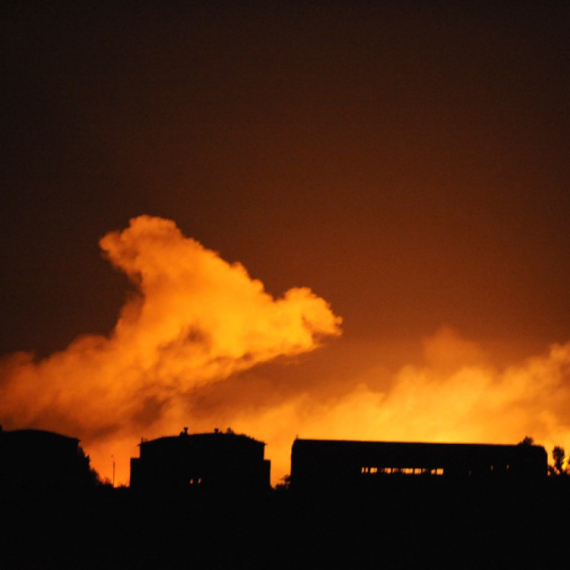

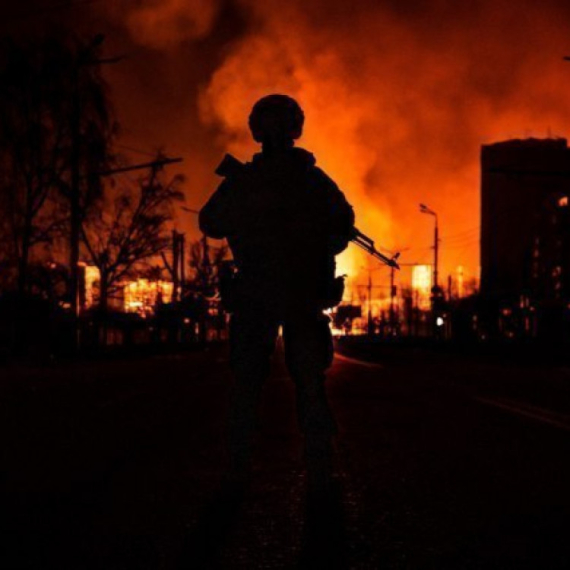
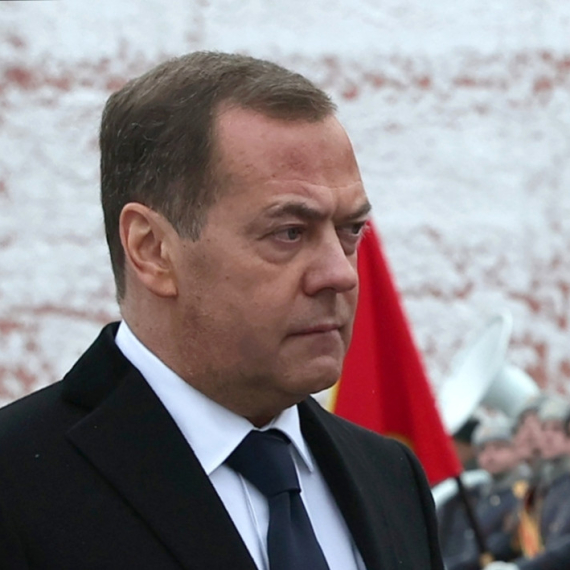
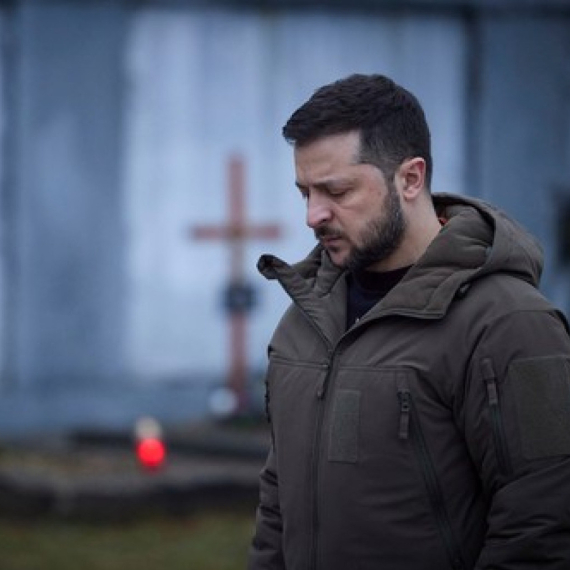



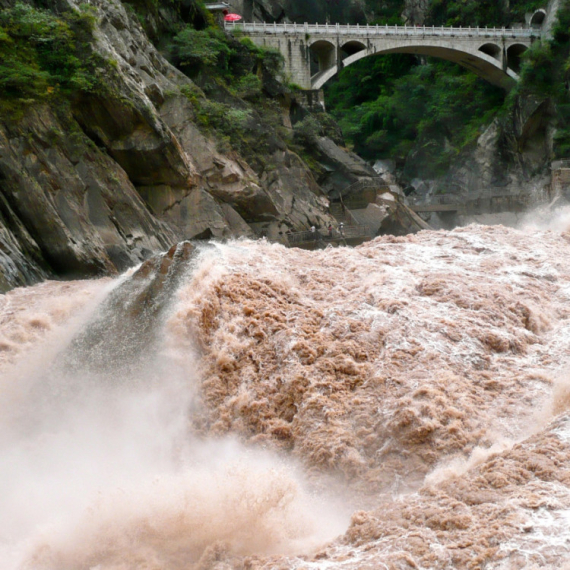




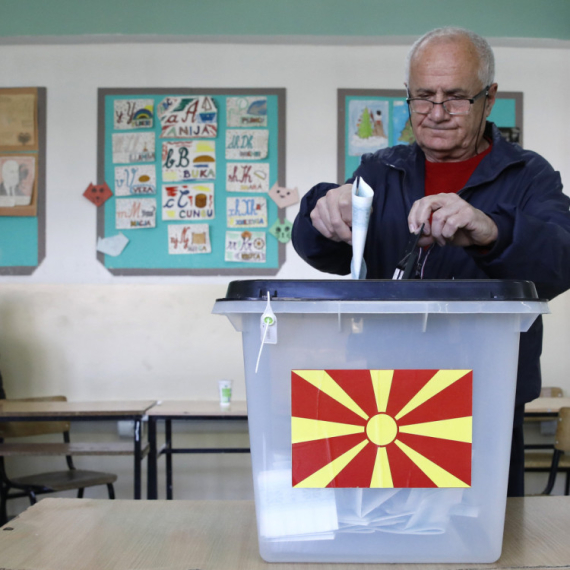
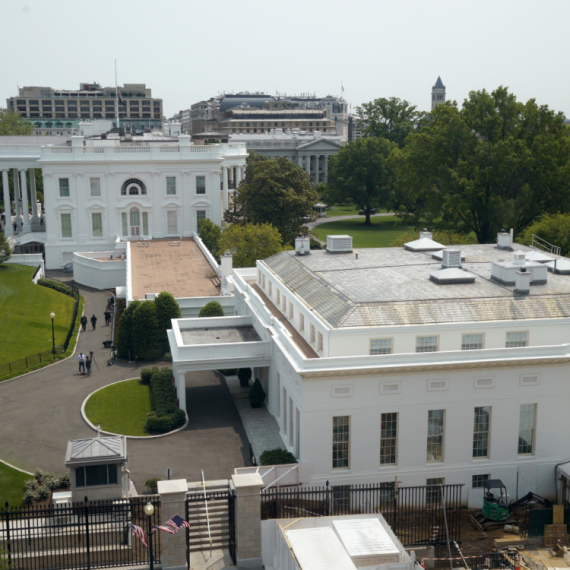
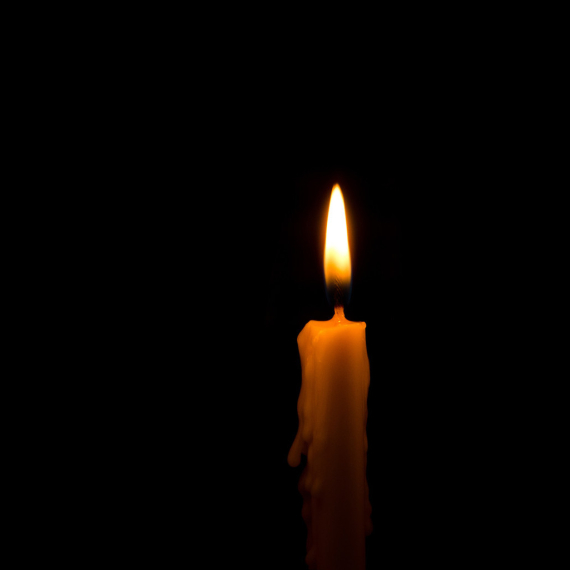
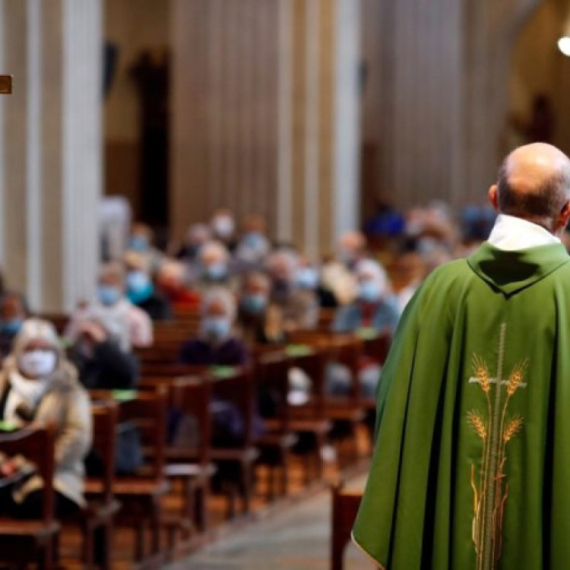




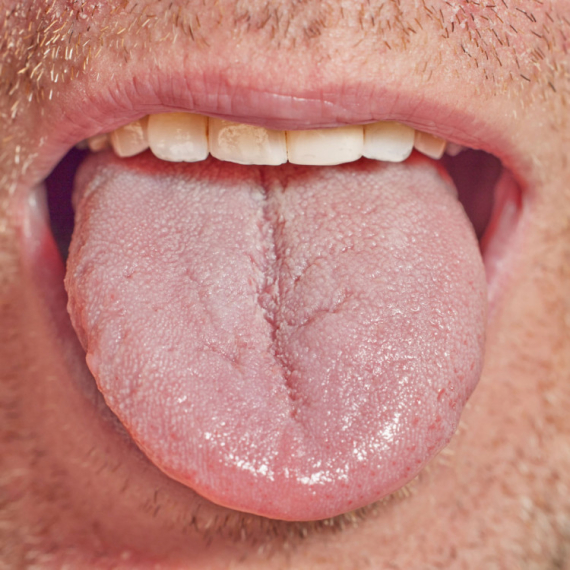



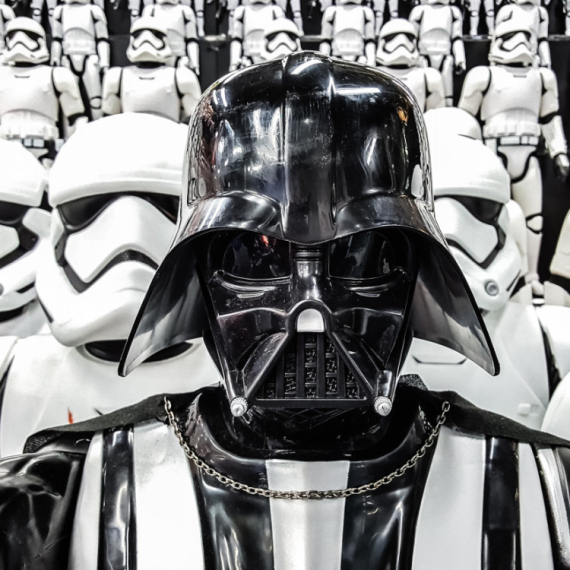

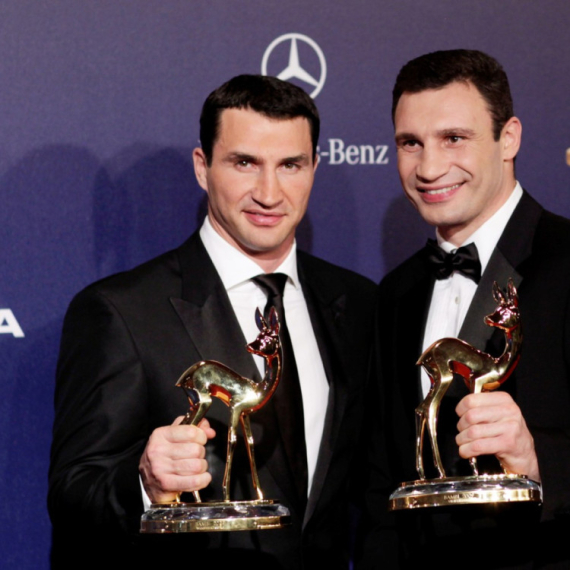









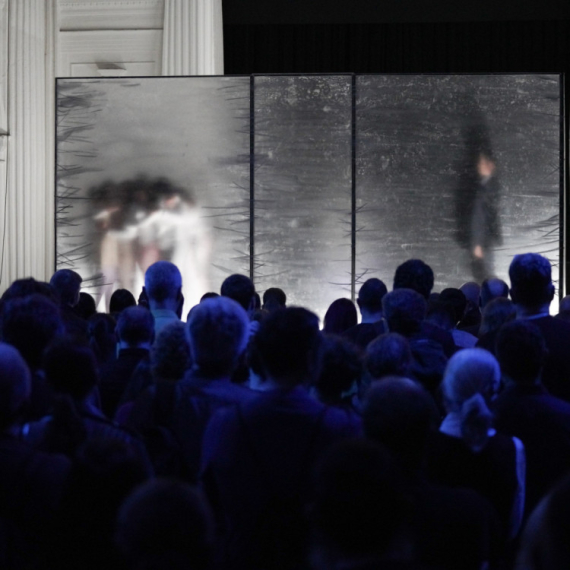
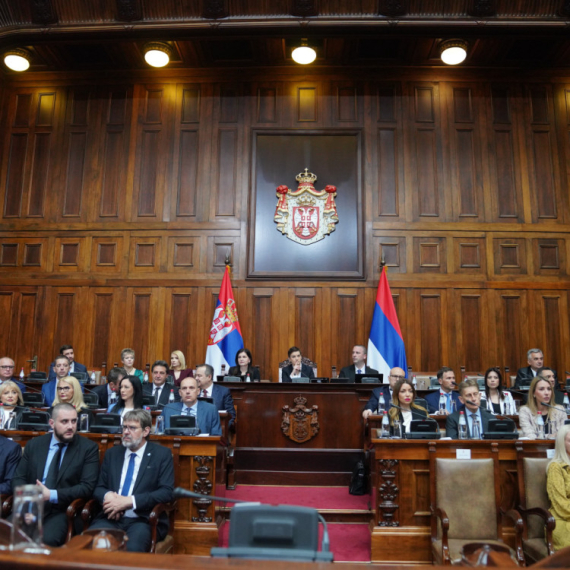




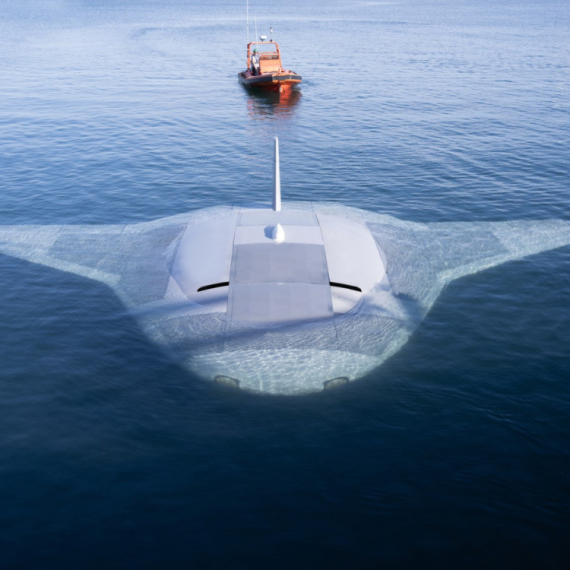


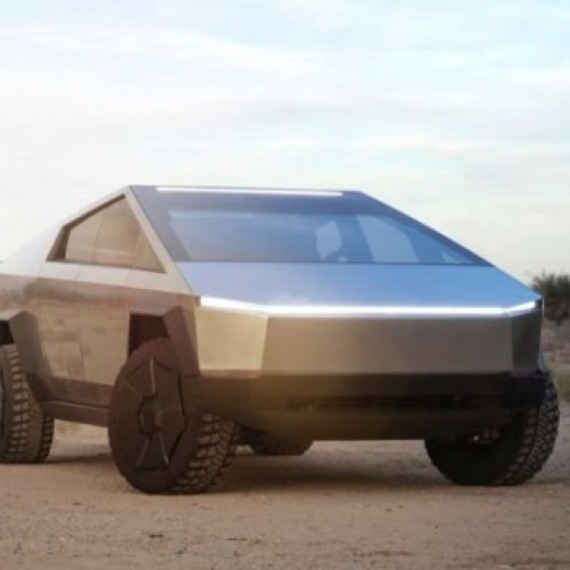
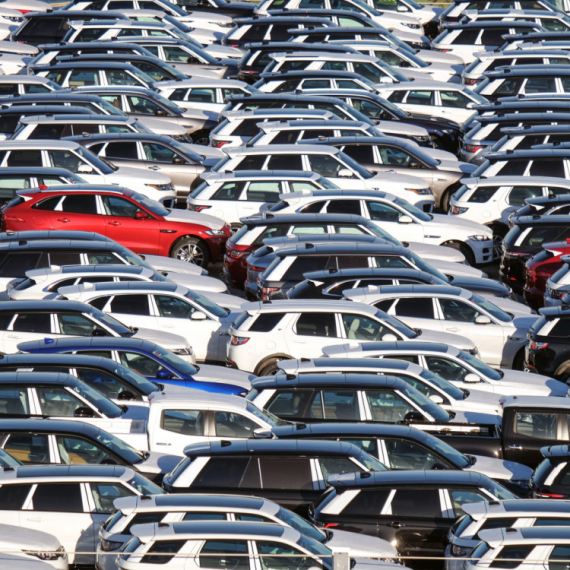
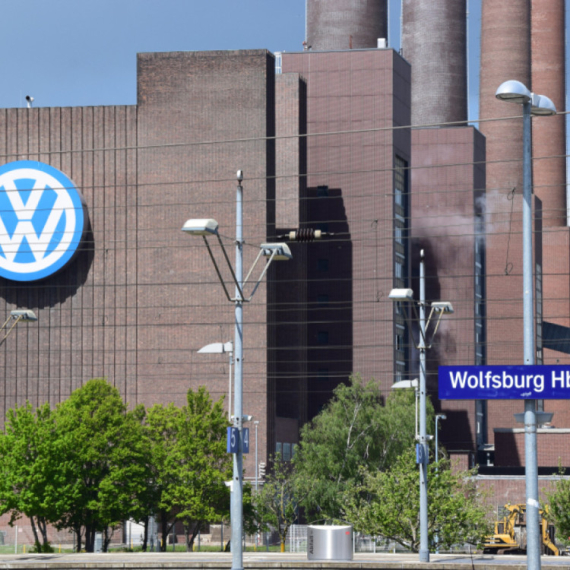

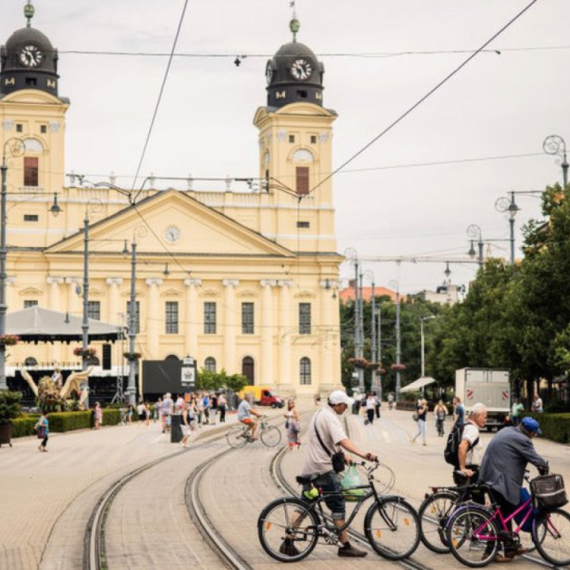
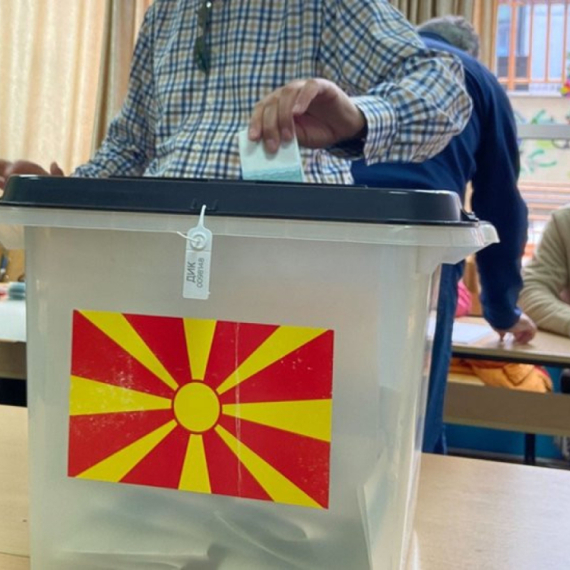



Komentari 14
Pogledaj komentare